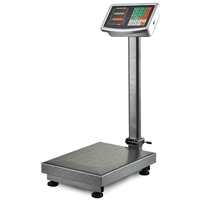
Alibaba.com showcases a diverse array of industrial weighing scales designed to cater to various weight measurement needs across different industries. Among the selection, you can find robust crane scales with capacities ranging from 2T to 10 tons, suitable for heavy-duty lifting and weighing tasks. Digital hoist scales, often equipped with wireless connectivity, offer convenience and efficiency for industrial environments.
For precision tasks, high-precision platform scales are available, with weight limits from 100kg to 150kg, ensuring accurate measurements for smaller goods. Compact digital weighing scales with fine graduations, such as 0.1g to 1g, are tailored for detailed tasks that require meticulous weight data.
Specialized scales, like the multihead combination scales, are engineered for specific applications such as weighing frozen fish on conveyor belts, demonstrating the versatility of scales on offer. Additionally, electronic platform scales with substantial weight capacities of up to 300 kg are designed for industrial use, featuring durable materials and digital interfaces for ease of reading.
For agricultural and livestock management, electronic animal floor scales are available, capable of handling the weight of large animals and feed. These scales are designed for both durability and accuracy, ensuring reliable performance in demanding conditions. Portable platform scales with indicators provide mobility and convenience for dynamic industrial settings, while high-capacity floor scales with ramps facilitate the weighing of goods on pallets or trolleys.



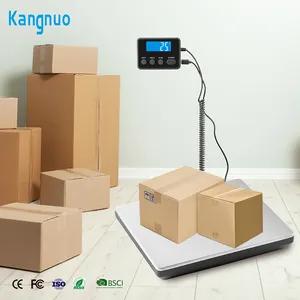

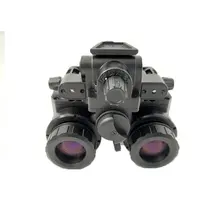

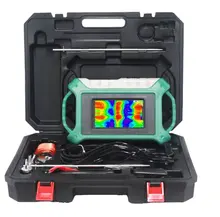

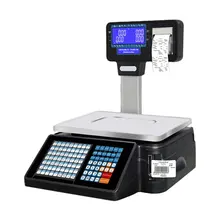






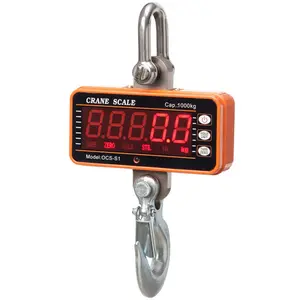















 浙公网安备 33010002000092号
浙公网安备 33010002000092号 浙B2-20120091-4
浙B2-20120091-4